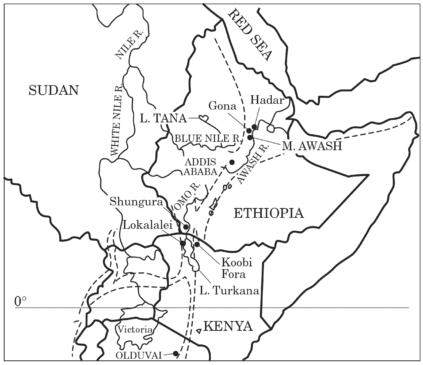Ethiopia’s Konso cling to tradition, earning UN recognition
 KONSO, Ethiopia  The booming drums and lusty singing of Ethiopia’s Konso tribe, celebrating their hometown joining the UN’s list of World Heritage Sites, echoed down the road that winds through lush green hills.
KONSO, Ethiopia  The booming drums and lusty singing of Ethiopia’s Konso tribe, celebrating their hometown joining the UN’s list of World Heritage Sites, echoed down the road that winds through lush green hills.
When the revellers came into sight, there was an explosion of colour — women in bright orange skirts and men in striped neon yellow and red shorts, heads topped with decorative feathers and cowhide masks.
Under the blazing midday sun, Konso residents brandishing animal skin shields chanted as they streamed through the streets, followed by a full marching band.
Hundreds of Konso people turned out in their famed town, 600 kilometres (375 miles) southwest of Addis Ababa, for the recent formal inauguration of their inclusion in UNESCO’s heritage list.
UNESCO chose the stone-walled terraces and fortified settlements in the Konso highlands — spread over 55 square kilometres (21 square miles) — as it represents among other things a living cultural tradition spanning centuries.
The Konsos are among the last remaining people to produce, use and discard stone tools on a regular basis.
Its new status makes Ethiopia the top African country for protected sites and promises to preserve an ancient culture under threat in a rapidly developing country. Read full story here.



